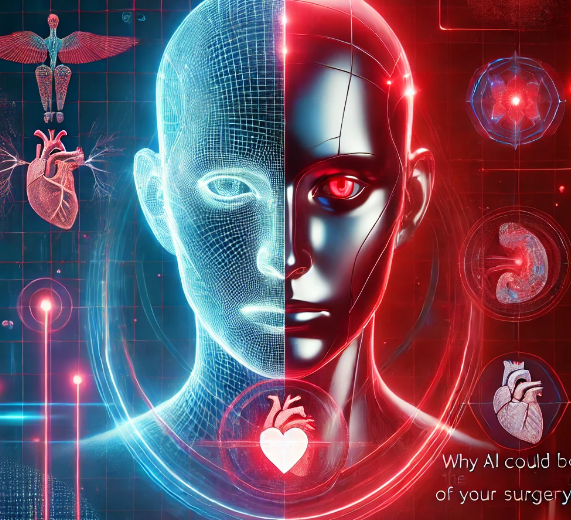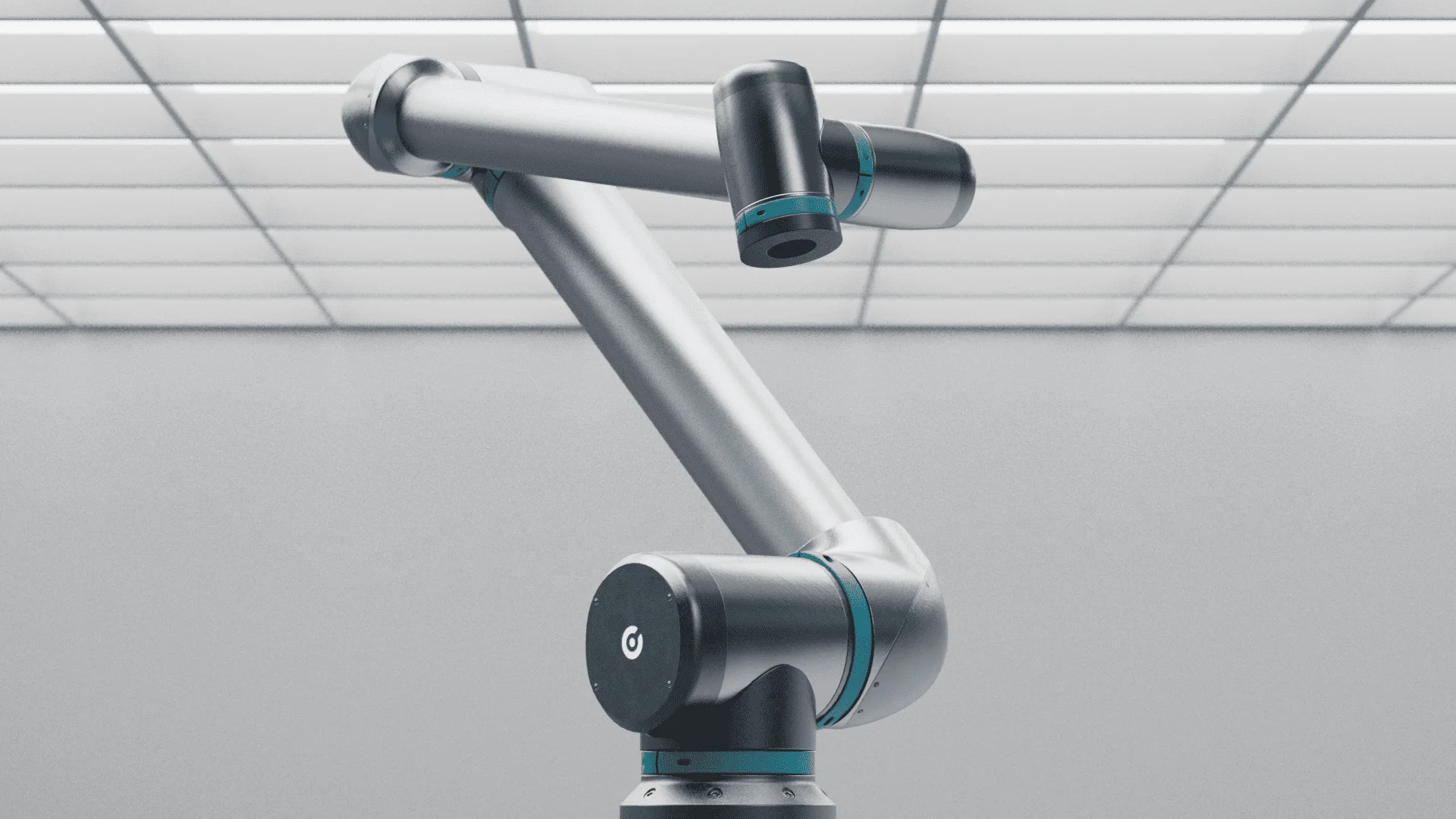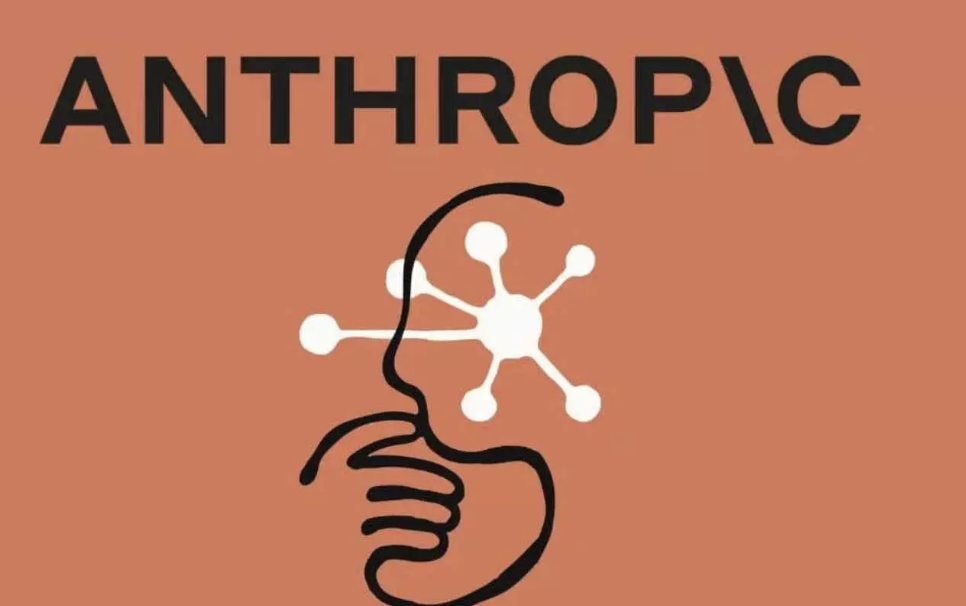In her TEDxLogan Circle talk, Margaux Masson-Forsythe, Director of Machine Learning at the Surgical Data Science Collective (SDSC), presented a compelling case for integrating artificial intelligence (AI) into surgery. Her vision for AI in the operating room is clear: to unlock insights that can save lives and standardize surgical practices.
“AI has something that surgeons don’t — time and the ability to watch hours of videos in minutes,” she stated, underlining the potential of this technology.
Masson-Forsythe explained that, globally, vast amounts of surgical video data are collected but remain unused.
“These videos represent an untapped goldmine of surgical expertise and insights,” she said, while noting that AI can process and analyze these videos in ways that would be impossible for human surgeons. This capability enables AI to identify patterns, offer feedback, and even train surgeons in rare procedures that they might otherwise only encounter a handful of times in their careers.
Surgical skill development, she argued, is another area ripe for AI intervention.
“AI can be used to break down surgeries into distinct phases and actions, creating a playbook for excellence,” Masson-Forsythe explained. By enabling medical trainees to study expert techniques in detail, AI can accelerate learning and bring a higher level of consistency across the field. She likened this to a tennis player studying a champion’s serve, allowing a resident surgeon to review and perfect specific surgical techniques frame-by-frame.
Masson-Forsythe emphasized the value of predictive analytics, noting the possibility of AI forecasting outcomes based on real-time surgical data.
“Picture an AI system that not only provides feedback on a surgery but forecasts the potential outcome of a procedure,” she suggested. For patients, this could mean fewer surgeries, more successful outcomes, and better post-operative care — all contributing to reduced healthcare costs.
While the benefits are promising, Masson-Forsythe cautioned about the limitations of AI, stressing the importance of unbiased, diverse data.
“AI is only as good as the data we give it,” she warned. As AI technology integrates into surgical practice, ethical considerations and transparency must remain at the forefront.
In Masson-Forsythe’s view, the path forward for AI in surgery requires collaboration between technologists, medical professionals, and policymakers. She concluded: “By integrating AI into surgical practice, we have the potential to unlock the vast reservoir of knowledge stored in those terabytes of unused videos.” Her work, she believes, is not just about technological progress but a commitment to improving patient outcomes worldwide.






